
Androgyny is sexy: Carmen at ROH
ReviewBizet’s Carmen opened at the Royal Opera House last night with a bang - the music started without warning and the lights disappeared in the house of Covent Garden, quieting the audience and drawing our eyes to the stage.
In Barrie Kosky’s new production for the Royal Opera that had its premiere in 2016 at Oper Frankfurt, there is no time period, nor geographical location. The sultry voice of Claude de Demo narrates the story and sets the scene in between musical numbers, in lieu of spoken dialogue or recitative. All this being said, the entire evening was thrilling and unforgettable for all the right reasons.
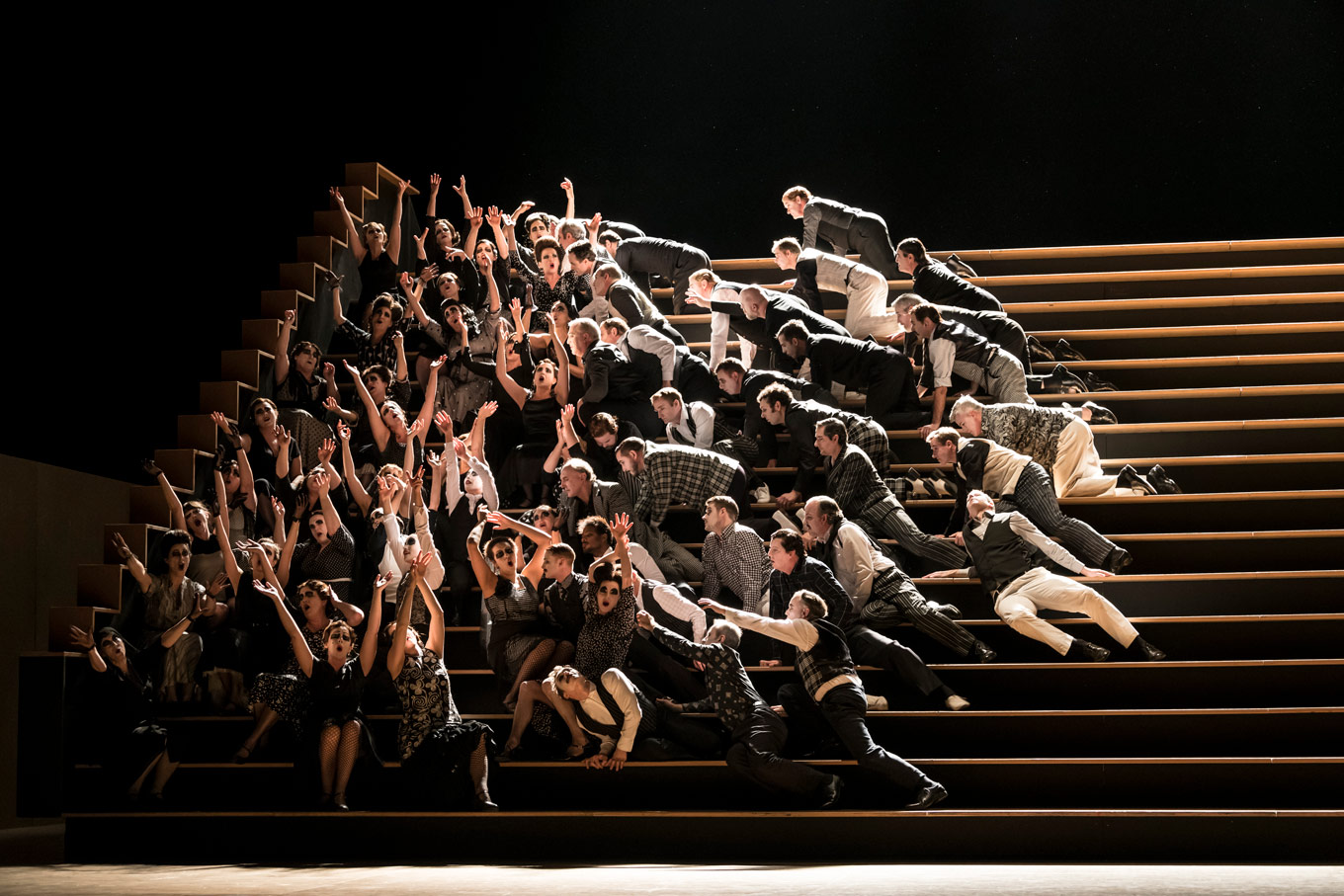
Kosky’s gift to the opera world is his ability to create beautiful pictures on stage without lavish scenery or set dressing. A multitude of stories were told on a giant, sixteen-step staircase that filled the stage of the opera house. The design of Katrin Lea Tag and lighting concept from Joachim Klein allowed for a malleability of the otherwise barren stage, as the chorus took on the role of commenting on the stage action, as well as stepping into characters of soldiers or gypsies.
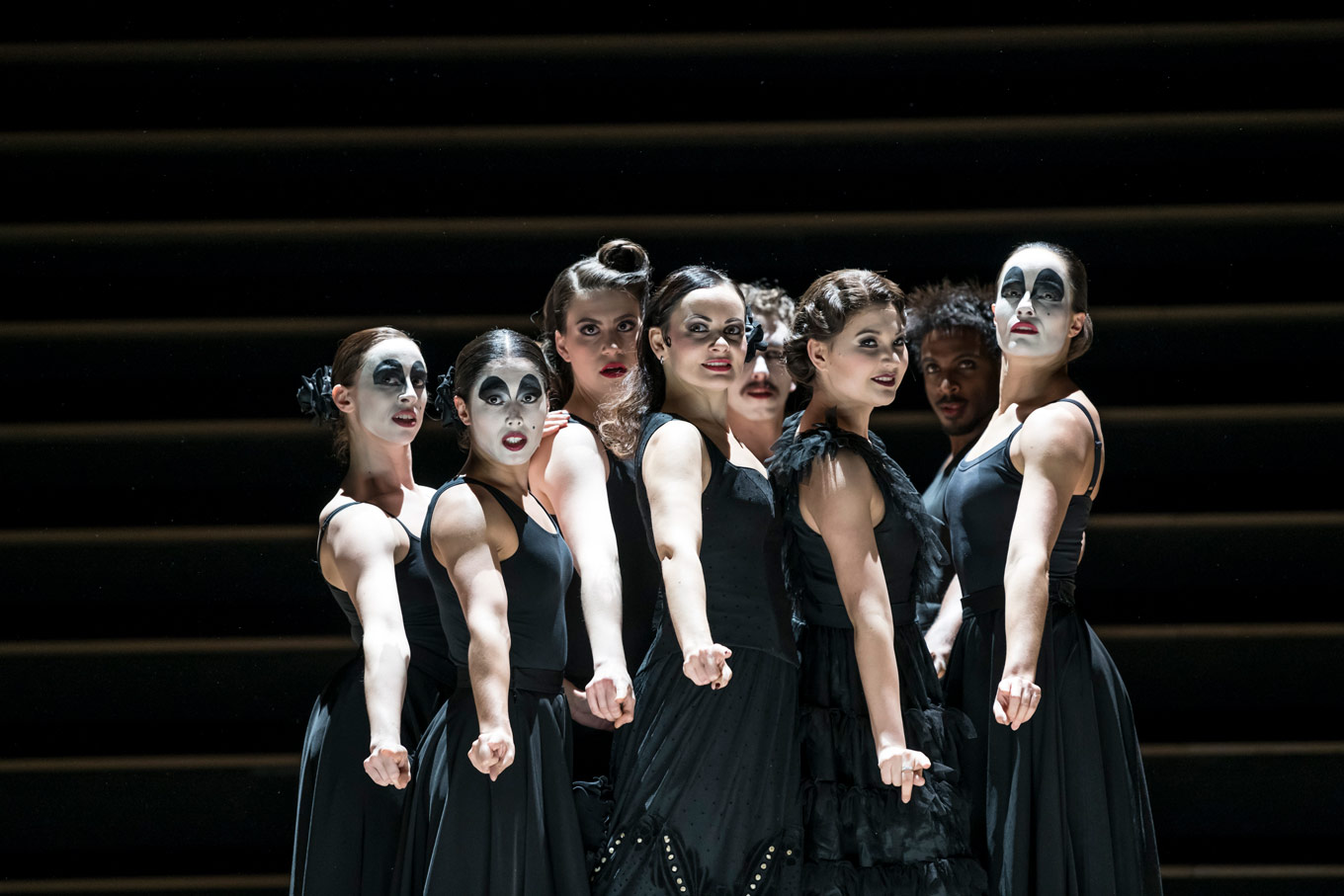
In fact, the Royal Opera Chorus seemed to join us, the audience, as spectators of this piece of theatre. We all watched together in awe as Carmen made her first entrance to sing the Habañera, an entrance that was made in a gorilla suit. At times, the chorus provided persistent motion that served as a kind of white noise to amplify the stillness of Carmen, unmovable as a mountain in her body as well as her values.
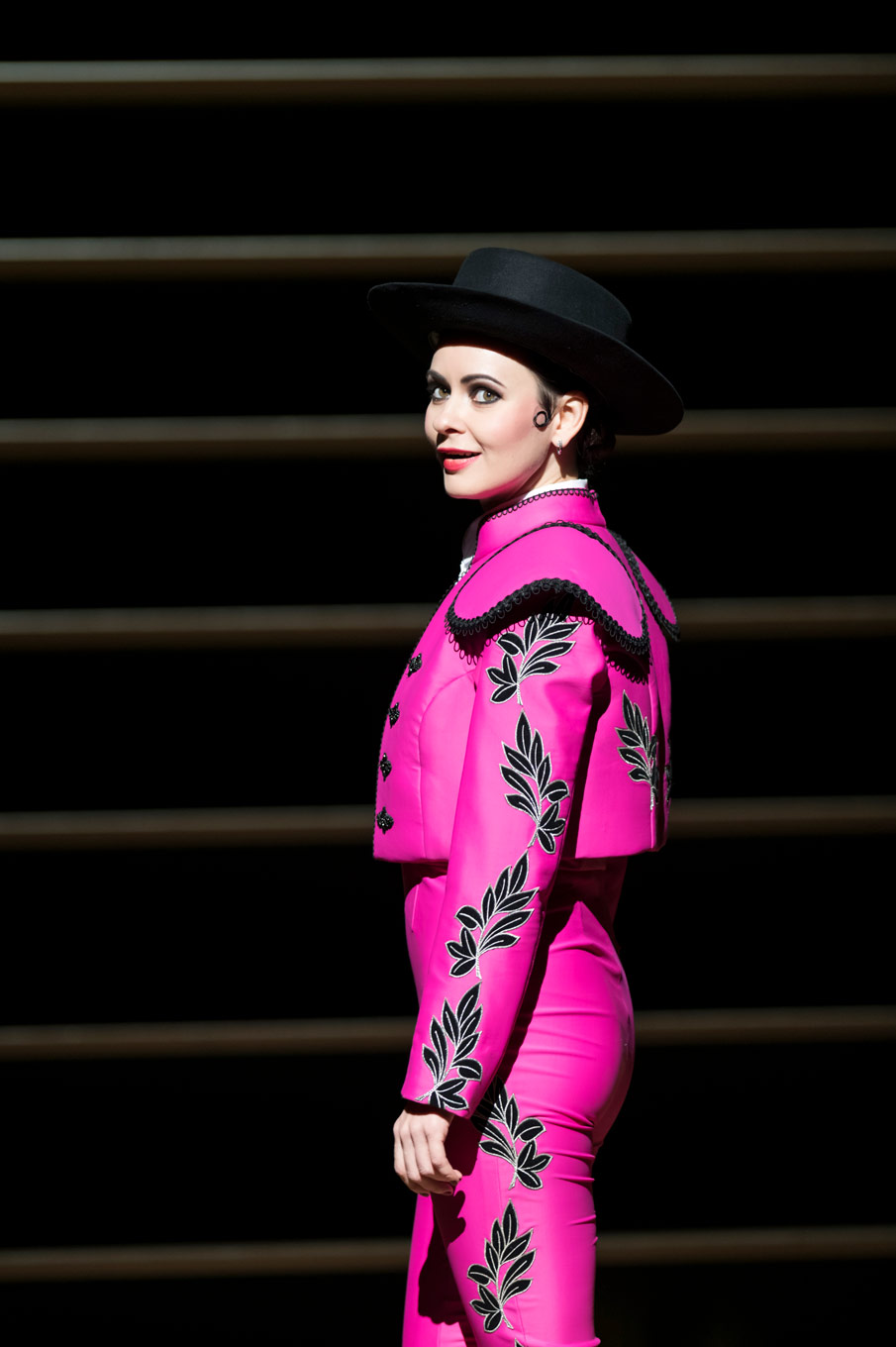
What made last night so sexy? In a word, androgyny. It was Carmen’s fitted suit and skinny necktie combination, the flamboyant movement of Escamillo’s hip joints, and the fluidly sensual touch the dancers gave to one another. The sexual power of these characters came from their confidence in departing from the gender norms that can plague any production of Carmen with staleness.
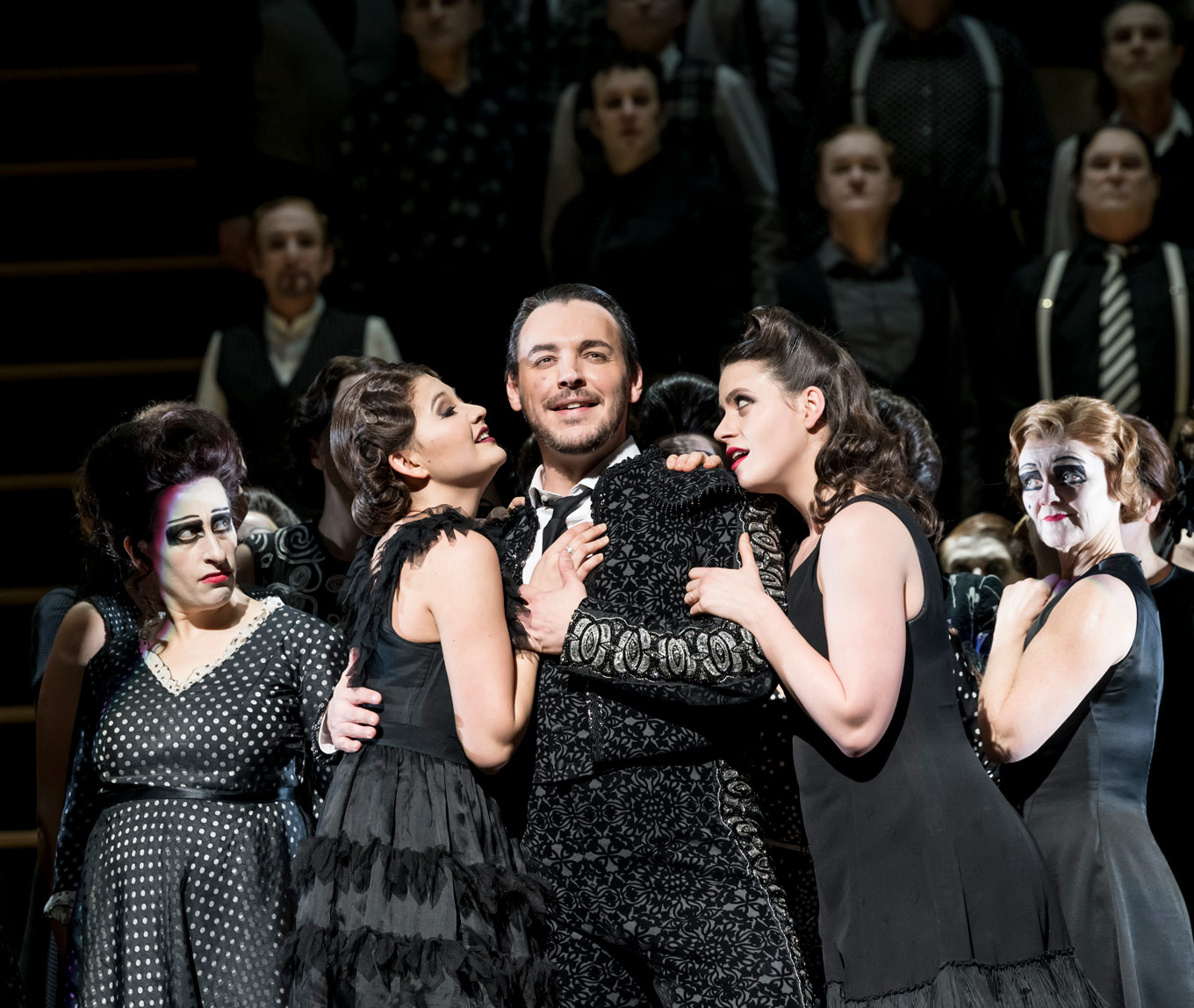
Amid the effective chiaroscuro design and stylized architecture of movement was what I hope opera as a genre can see much more of in the twenty-first century: some good, old fashioned entertainment. It would be impossible to look at the spectacular choreography of Otto Pichler without feeling sheer joy and a yearning to dance to a tambourine ourselves. We were given a spectacle, a show about which we don’t have to ponder or try to hard to fit into a box.
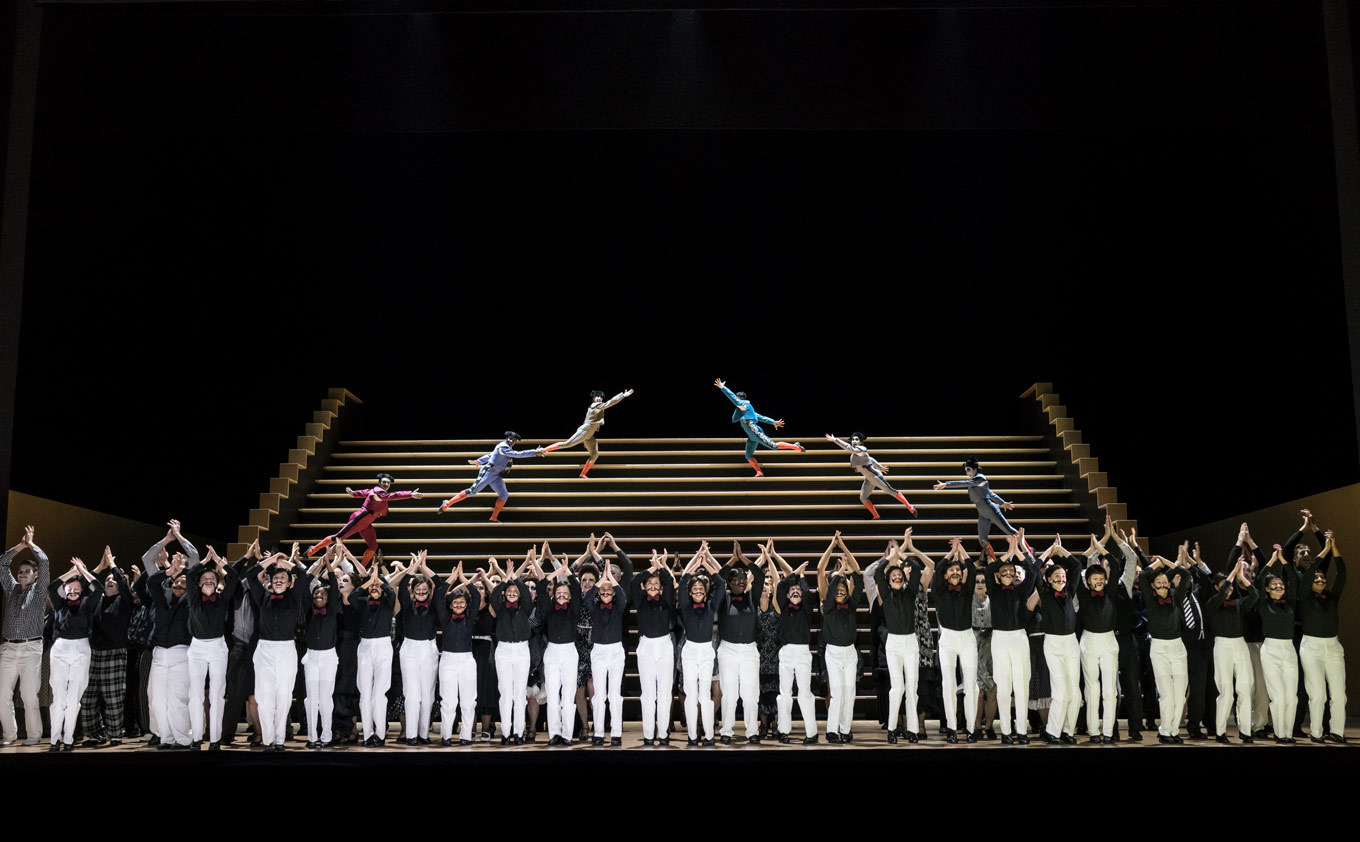
It is so easy to overthink Carmen, and to get bogged down by expectations of famous tunes and a story that has probably been performed at every single opera house at one point or another. For doesn’t everyone have an idea of how these characters should act? Don’t we all have a favorite recording from the middle of the last century, thinking to ourselves that this is how the Séguidilla should be sung? This company and creative team want you to forget about that and simply enjoy.
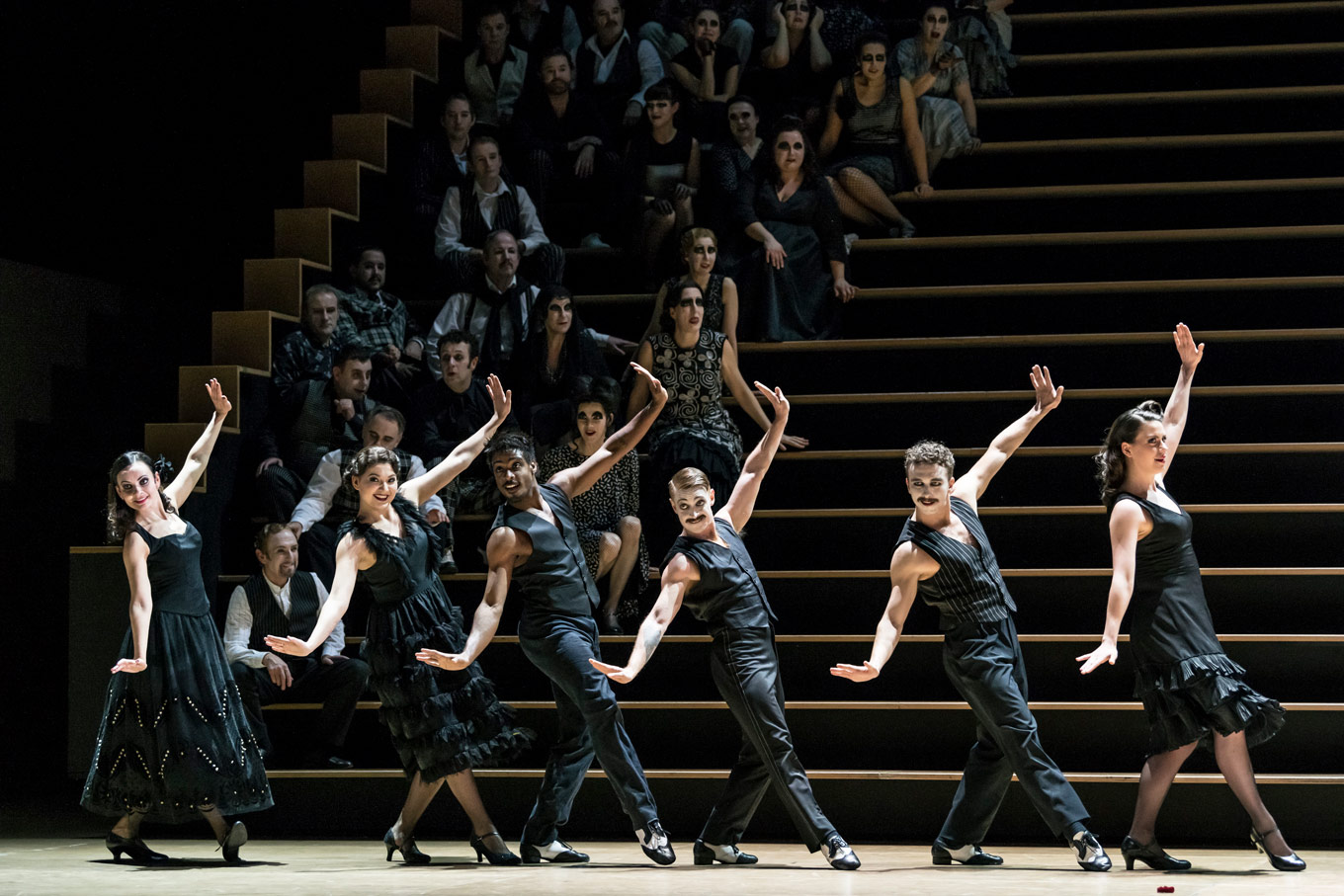
With all this brilliant stage work, it seems entirely possible that if a cast of singers were to simply find their light and sing plainly, a gripping story would still have been garnered. Compared to a huddled mass of soldiers, Micaëla looks tiny, weak, and completely out of her depth. Don José screams the feeling of helplessness while standing motionless, buried in a crowd of smugglers.
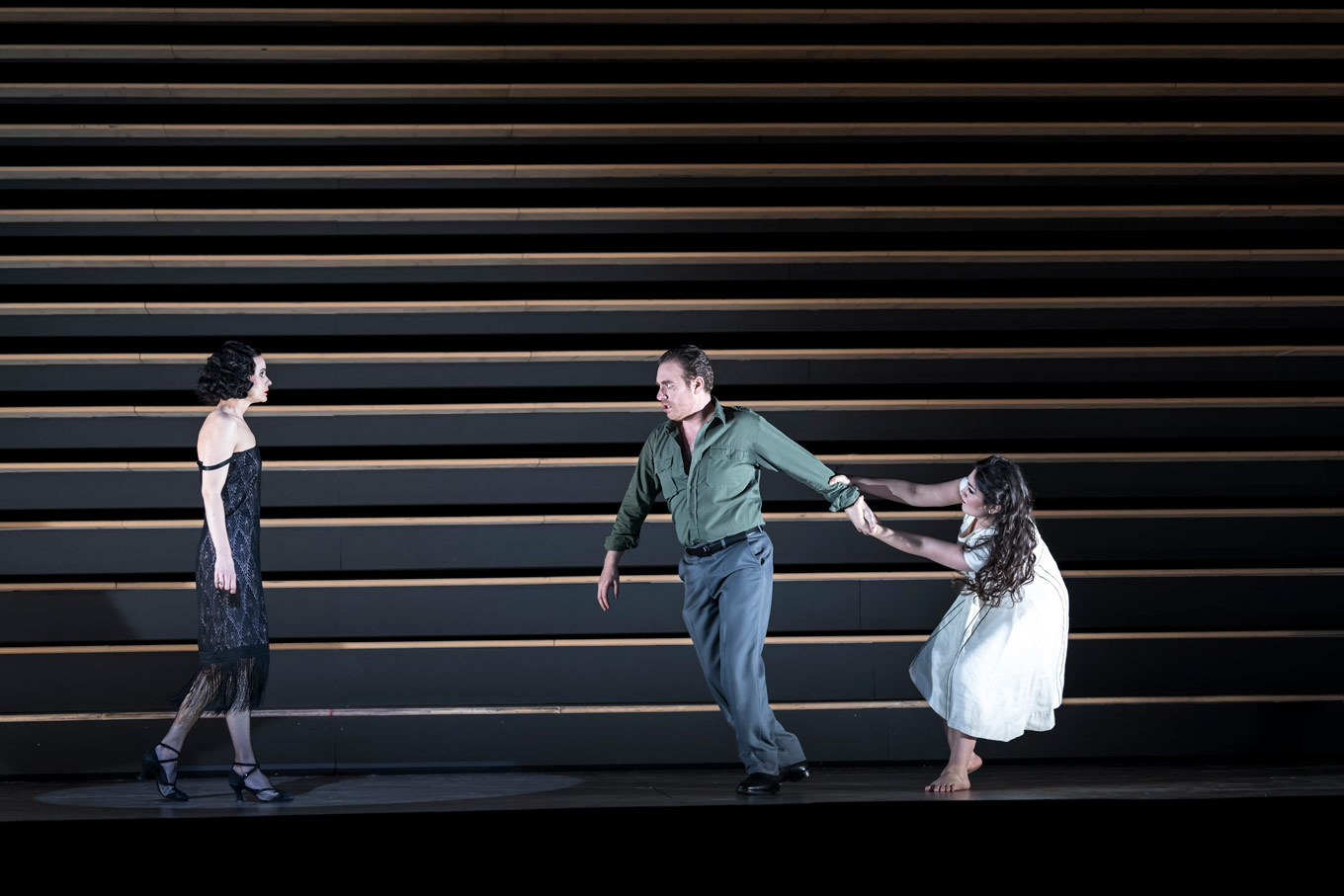
This is not to say that the principal cast gave anything less than a commendable performance. Kristina Mkhitaryan’s Micaëla was youthful and full of hope, gliding through her duet in act one and giving a show-stopping “Je dis que rien ne m’épouvante.” Kostas Smoriginas gave a shimmering and brilliant Escamillo, leaving me wishing Bizet had written a second aria for the Toréador.
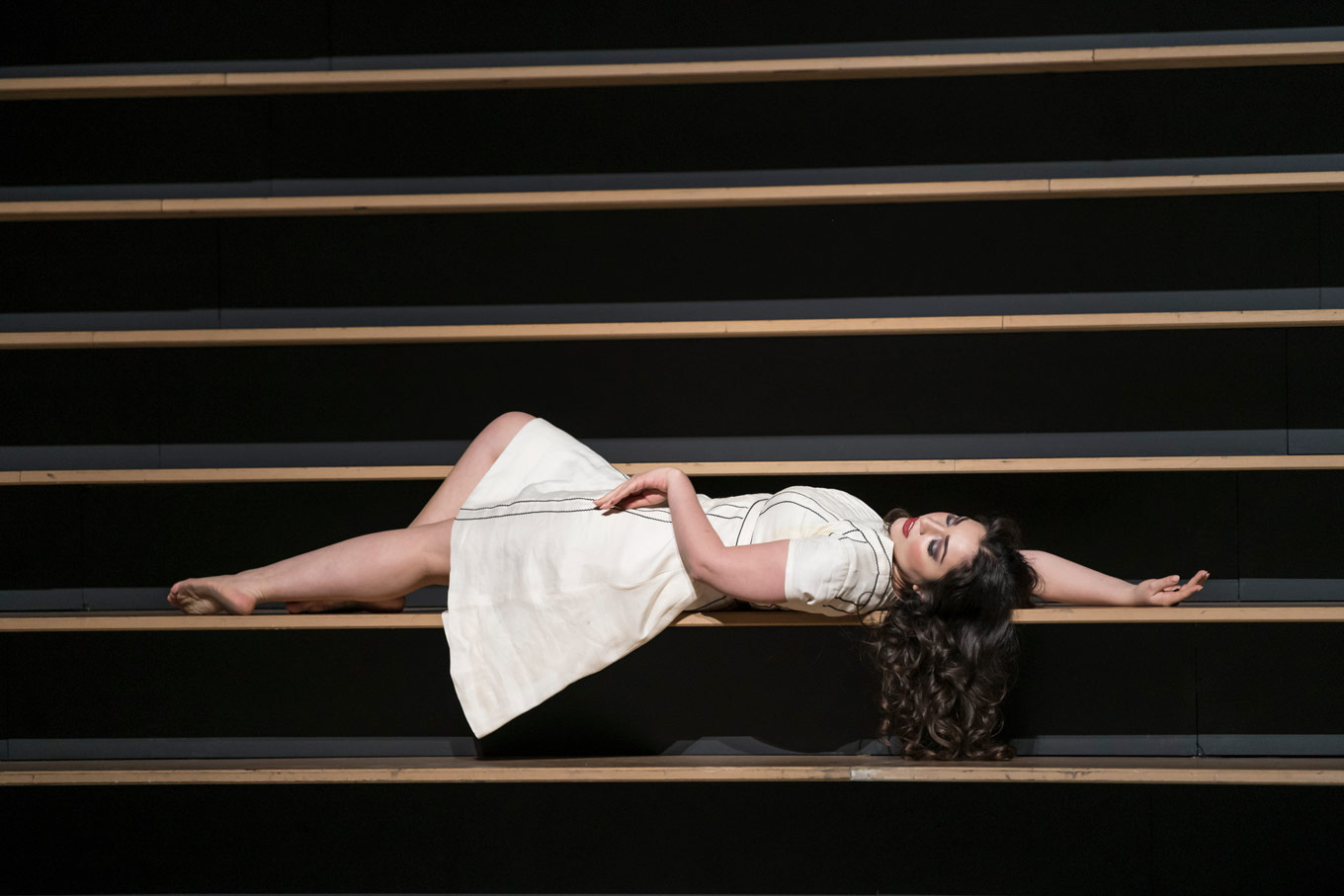
It was surprising to hear the powerful voice of Francesco Meli scaled back at times during his portrayal of Don José. When he chooses to use his full voice, it fills the hall with richness and beauty that give his character some likeability wherein this production José is meant to be weak.
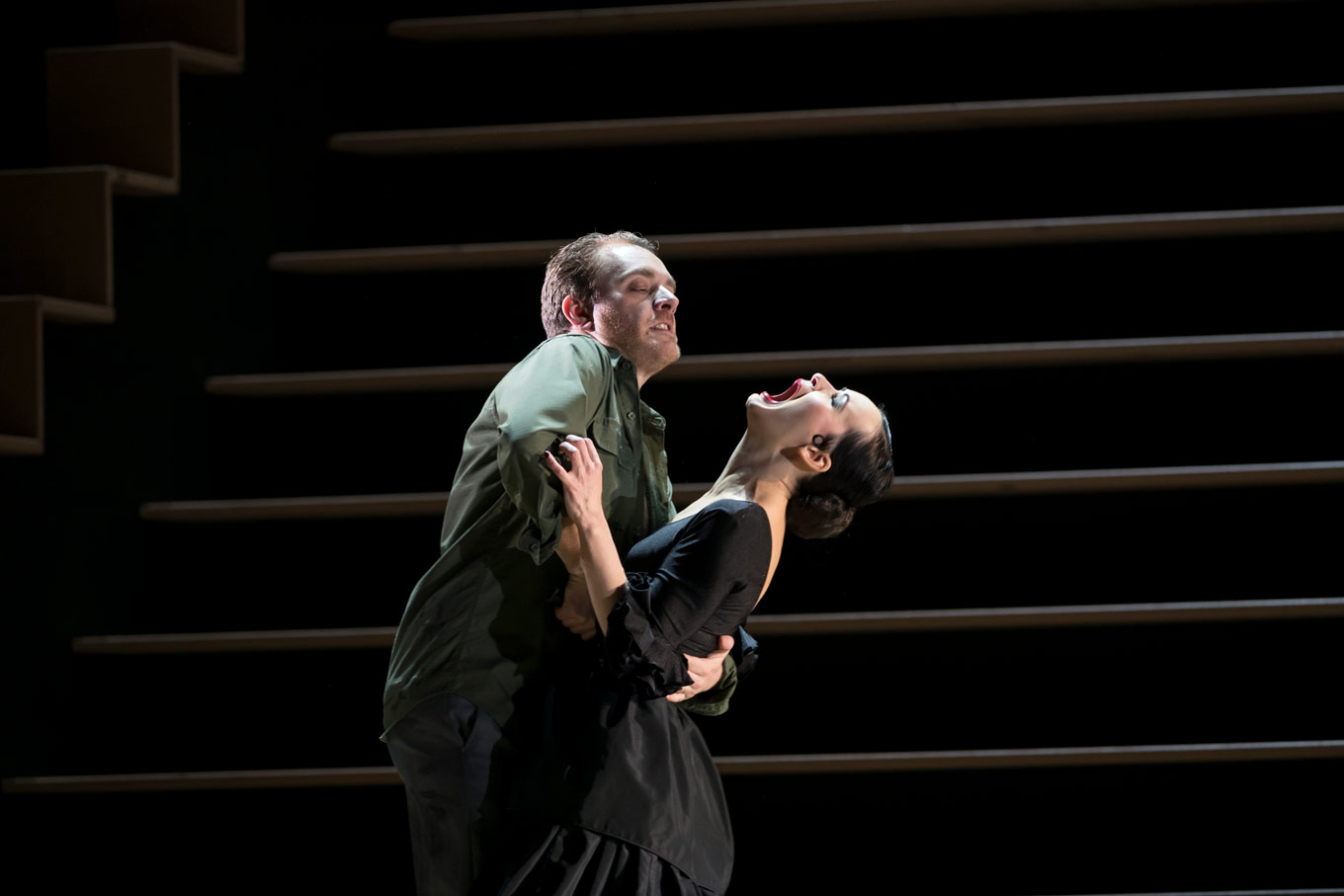
Anna Goryachova triumphed as the triple threat-ed Carmen, shining through dazzling dance numbers, not once letting her voice fall victim to an out of breath nature or over-excited state. Goryachova was a pinnacle of elegance, showmanship, and beauty as she put her own stamp on this role. She was complemented by the ever brilliant orchestra of the Royal Opera House, under the very capable baton of Jakub Hrůša.
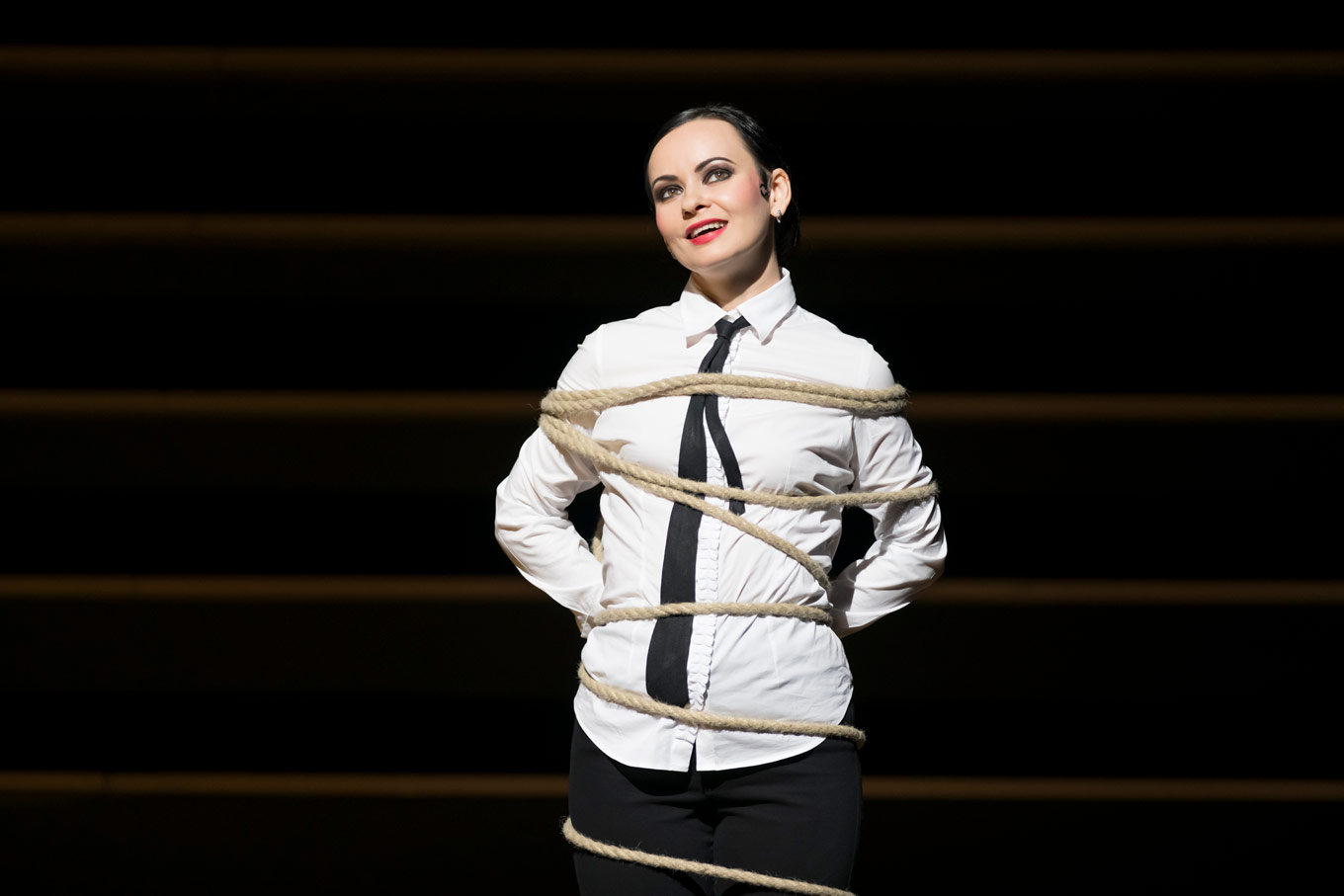
There are too many memorable moments of Barrie Kosky’s Carmen to recount here. All I can say is: whether you live in the upper stalls or are an opera novice, run to Covent Garden to see Carmen before it ends on March 16th.


Comments